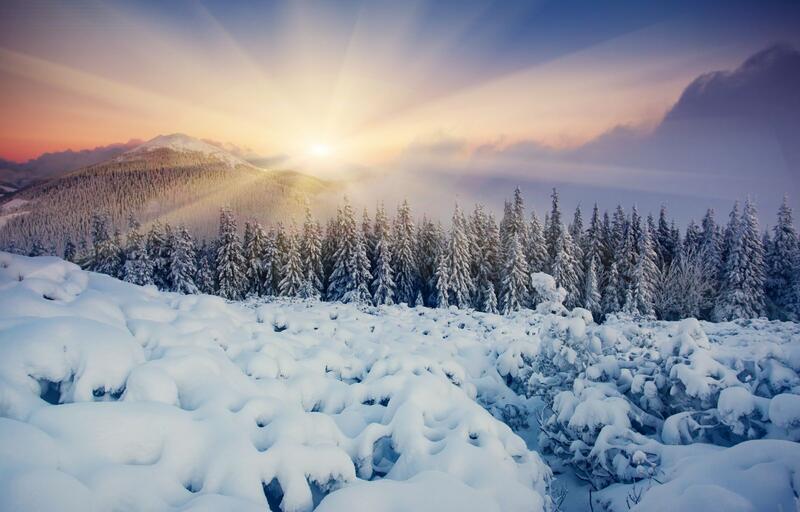
Solstice December 21, 2020
Dear Family and Friends-
A storm this week brought 10 inches of sparkling snow. Driveway plowed, entry shoveled and roof-edges raked – how can we express gratitude for those who have kept our lives even and productive during this worldwide pandemic? We hang decorations on our friend, the tangerine tree, that has been with us for forty-two years since given to us in a paper cup as a wedding present. With thoughts of you placed on the tree of our lives, we send along these reflections.
How can anything be said that captures our shared containment? Surely the heroism of medical workers is nonpareil. And all of us carry groceries from the store with new appreciation of those working to provide food, heat, and sustenance in so many forms. Most especially, the renewed call for racial and social justice in our country is something we deeply affirm and fortunately see emerging in the appointments of the new administration. Such a relief!
We have zoomed into each other’s lives with delight and renewed awareness of what community means. For us, renewal came in two trips to Hatchett’s Point in Old Lyme, CT where friends offered us their home by the Sound. Surrounded on three sides by water, we sat in awe of waves and birds, clouds and mists, sunrises and sunsets so golden orange across our vision. What did we do? John says nothing, but Mary Evelyn whipped up a batch of projects.
One of these was the launch of a new website for the Yale Forum on Religion and Ecology. This was a year in the making and was officially released in partnership with the United Nations Environment Programme, Faith for Earth. Another project was a new website for Journey of the Universe and planning for audio-versions and Chinese translations of Thomas Berry’s books.
Our major focus, after we moved our teaching courses to the Spring, was to develop five massive open online courses (MOOCs) for Yale/Coursera. They are on religion and ecology including: Introduction, Indigenous, South Asian, East Asian, and Western traditions. With the help of two assistants, we have reworked these courses we teach at Yale. We are making them into more palatable bite-size shapes for a popular audience. But, Oh the effort!
The most enjoyable part is interviewing practitioners from around the planet. Yale equipped us with a camera to record these from home. We have interviewed spokespersons on African Indigenous religions, Asian scholars from China, India, and the Himalayan regions, Latin American specialists on shamanism, and Maori lawyers on rights of nature. Noteworthy was an interview with the former UN Rapporteur on the Rights of Indigenous Peoples. What is remarkable is the resilience of peoples to protect their lands and culture against colonialism, extractive industries and the assimilating drives of nation-states. In addition, ecological restoration projects of fisheries and forests, rivers and soils are inspiring to see as in many regions they combine scientific and local, Indigenous knowledge. This will be invaluable as the United Nations launches a decade devoted to Ecosystem Restoration beginning January 2021.
This spirit of resilience and restoration is what we wish for you and all peoples in the New Year.
With much love and good wishes for the health for our planet,
John and Mary Evelyn
